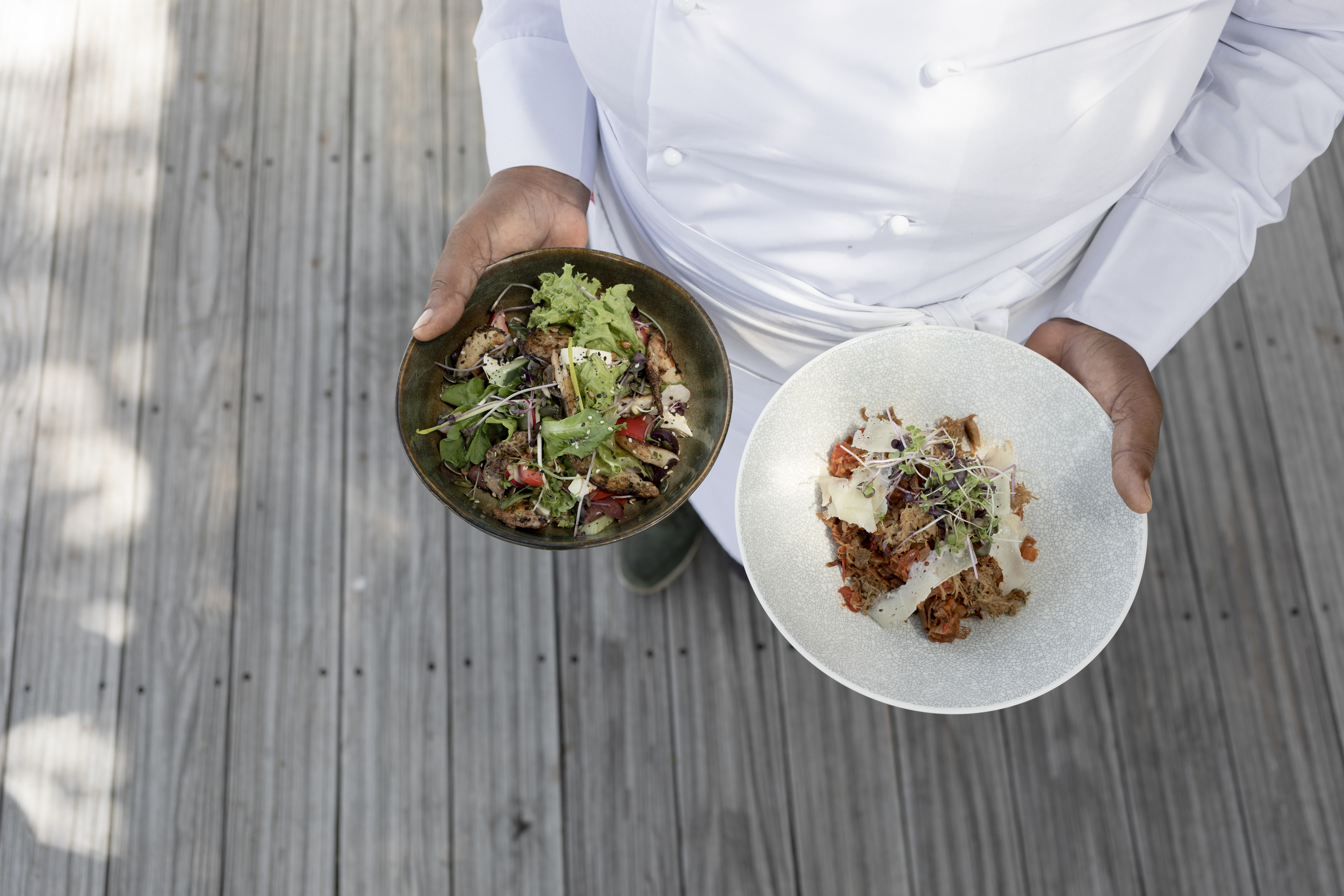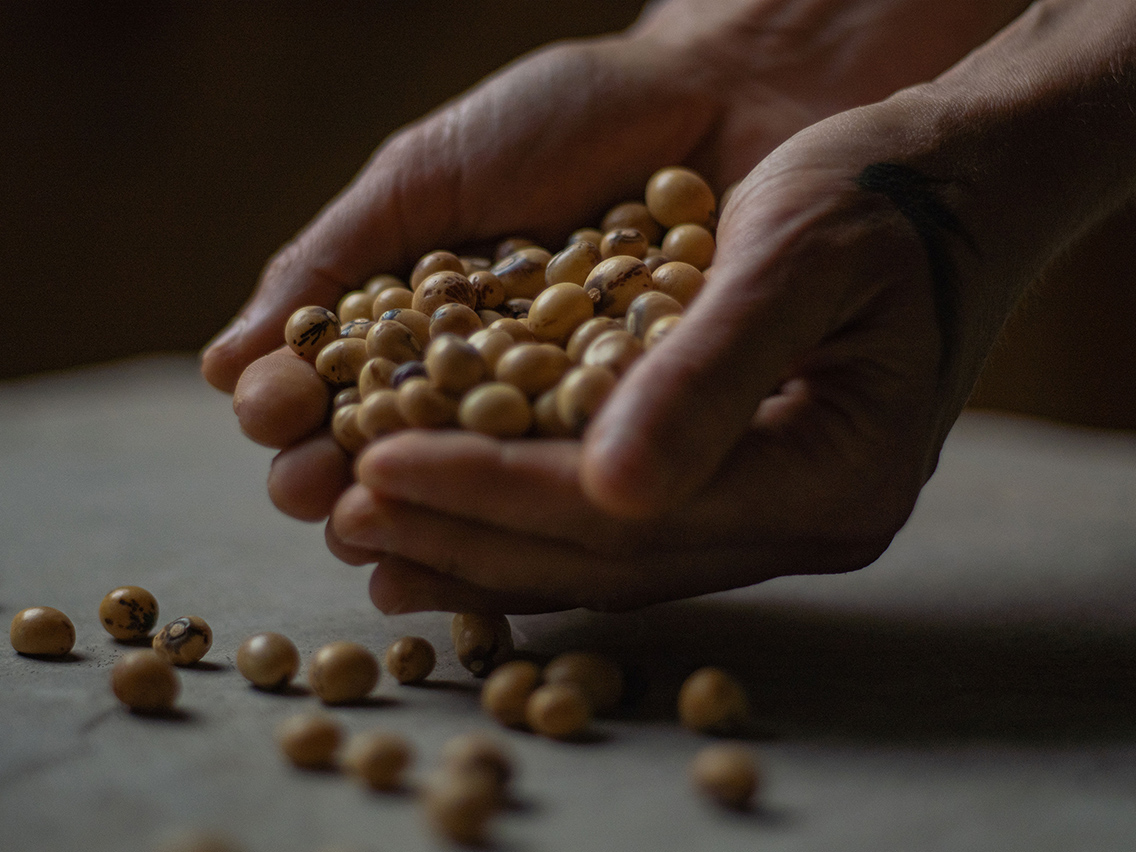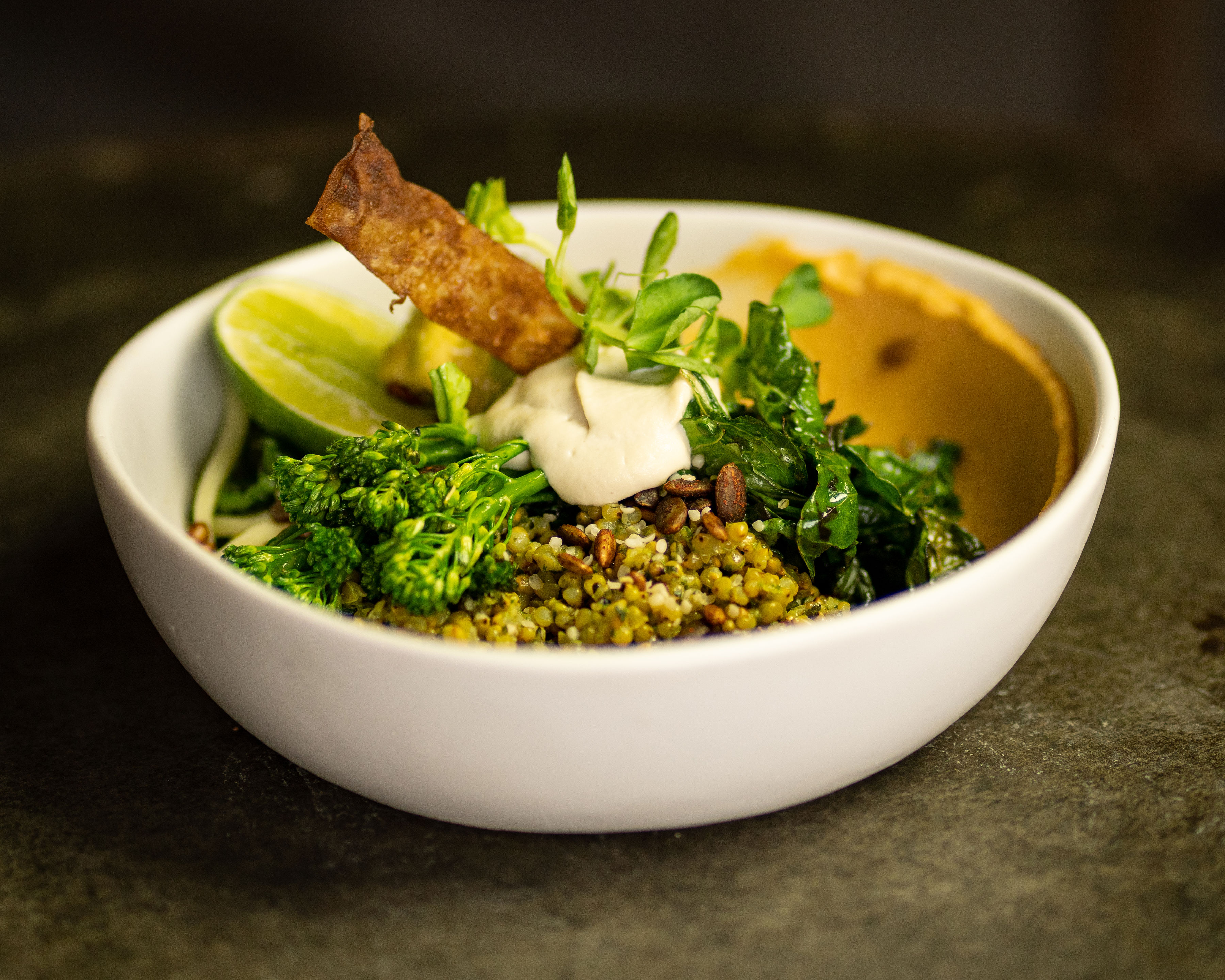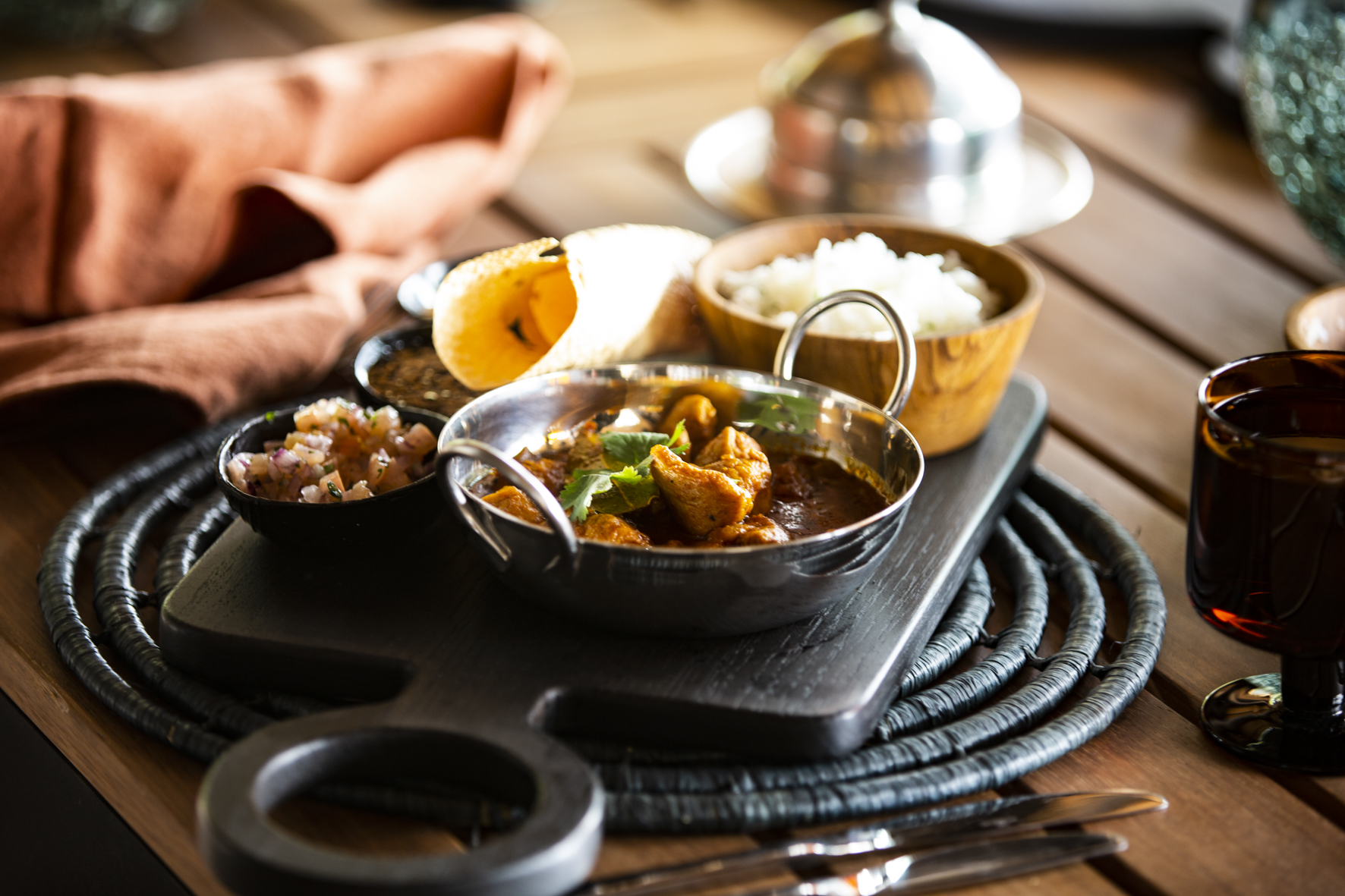Africa
Our Wilderness food philosophy
Experiences
Cultures & Communities
Your Guide to Africa
Wilderness Blogger
4/14/2023


Smells & tastes
Have you ever caught a whiff of a familiar smell and been transported back to a specific time and place? Perhaps it’s the scent of the perfume your mother wore when you were a child. The sweet fragrance of camphor heralding forest excursions, or the taste of salt on your lips that takes you back to the seaside. Maybe it’s the smell of wild sage that transports you to the bushveld. The aroma of meat cooking on a fire to remind you of a boma braai in Africa. The whiff of fresh Rwandan coffee brewing in the morning to remind you of your time with gorillas. Whatever it is, smells and tastes can be the triggers for many a fond memory.
Some of the best memories


Going beyond food on safari
For us here at Wilderness, it’s not only about buying local produce but also involving each country’s citizens in our food and wine journey, and upskilling as many people as possible for a bright future within the travel and tourism industry.
A number of our front-of-house and bar staff have been given the life-changing opportunity of visiting Cape Town, where they have explored the Winelands, learnt the vinification process, met winemakers, assisted in harvesting, and performed manual punch-downs during the winemaking process, to better appreciate the fermentation aromas. This makes them more confident to hold conversations about wine and make recommendations to guests.
Let’s go local
More to discover

Beyond the Crossing: Why the Mara Triangle is more than just a Migration Hotspot
Not just a migration stop–explore the Mara Triangle’s low-impact safaris, rare wildlife, and new Wil...
Read moreLauren Dold
12.08.2025

Ngamo: Story of an African farm
It’s a cold and misty morning at Wilderness Davison’s, a remote safari camp in Zimbabwe’s renowned H...
Read moreAndy Wassung
20.06.2025
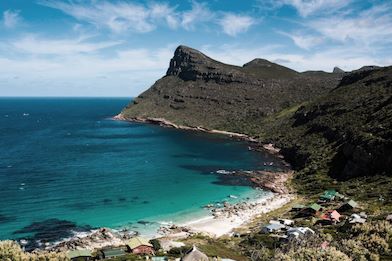
Wilderness Touring’s 5 best Cape Town tours
The 5 best tours to do in Cape Town with Wilderness Touring. From the Cape Peninsula to the Cape Win...
Read moreTao Varty
12.06.2025

7 Romantic Safaris … Fall in Love with Botswana
There are few experiences in life that match up to the romance of a safari. When it comes to travell...
Read moreKate MacWilliam
09.06.2025

Best of Cape Town and Botswana
Join us on this 12-night adventure, a seamless holiday between two worlds that will have you dreamin...
Read moreLauren Dold
27.05.2025

Let’s plan your next journey
Ready?
When we say we’re there every step of the way, we mean it, literally. From planning the perfect circuit, to private inter-camp transfers on Wilderness Air, and easing you through Customs. We’re with you on the ground, at your side, 24-7, from start to finish. Ready to take the road less travelled? Contact our Travel Designers to plan an unforgettable journey.
